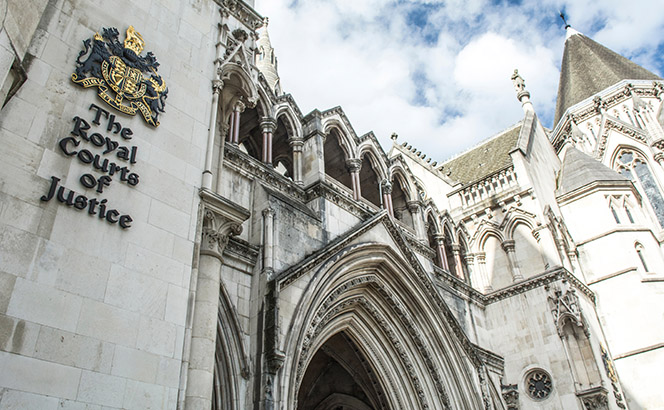
Nick Skerrett examines the trend of tax dispute management falling to GCs and tax litigators, as HMRC takes a tougher enforcement stance
Tax used to be an area where lawyers feared to tread. That has changed dramatically as the environment for resolution of tax disputes has evolved over recent years. We are seeing a growing trend of the management of tax disputes shifting out of the tax department and onto the desks of general or litigation counsel. In parallel, board-level scrutiny and engagement, and responsibility, have increased. This change to managing tax disputes as an area of legal risk, set against a backdrop of increasing complexity and scrutiny, raises new challenges.










